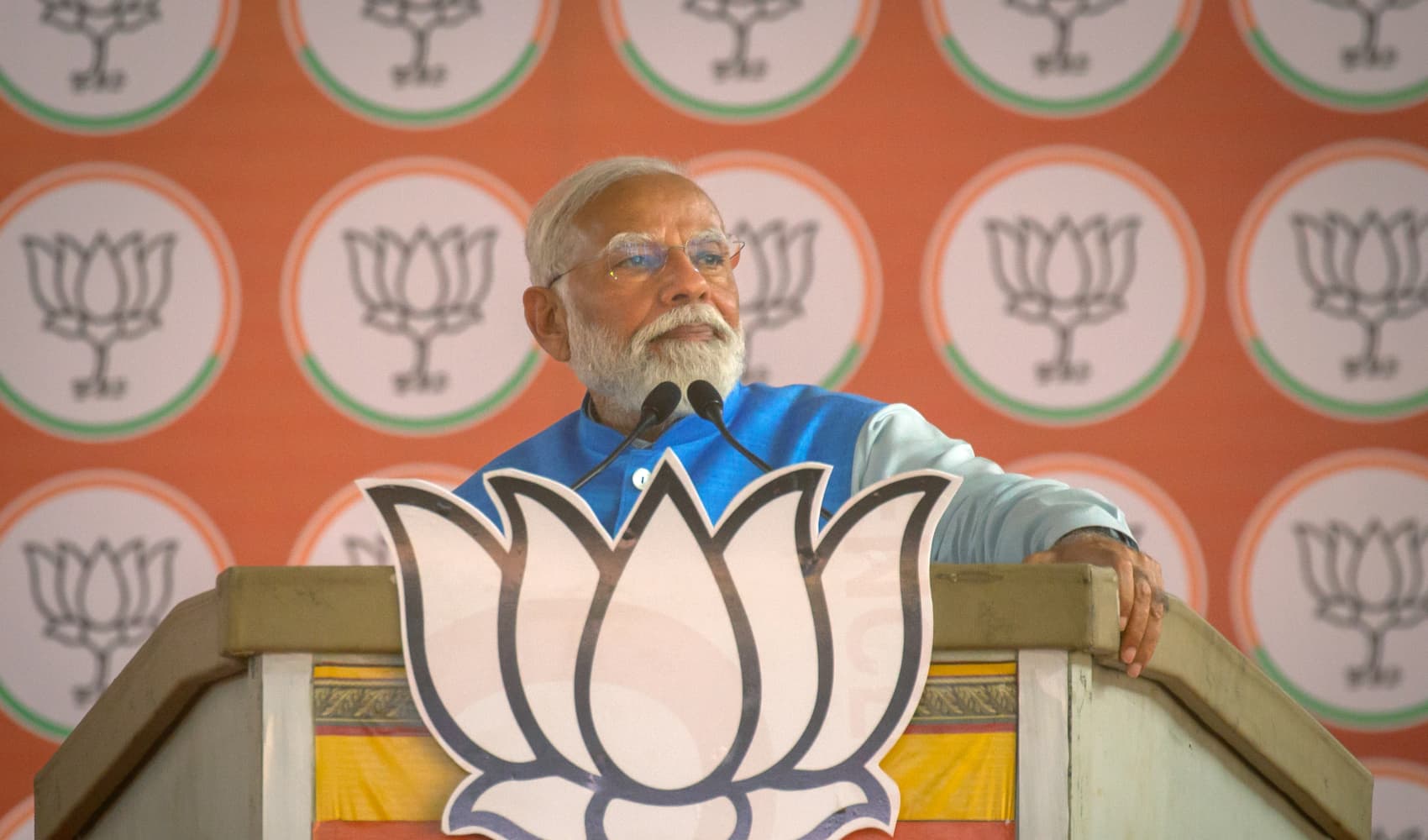
- UPS reported mixed fourth-quarter results, beating Wall Street's expectations on earnings but missing on revenue.
- The shipping company saw revenue dip in its international and supply chain segments as it sees volume declines.
- UPS offered guidance slightly below analysts' expectations for the year.
United Parcel Service on Tuesday reported fourth-quarter revenue that missed Wall Street's expectations and declined from last year, as the company continues to see volume fall amid cooling demand.
The shipping and delivery company on Tuesday offered full-year guidance that fell below analyst's expectations. It is projecting revenue between $97 billion and $99.4 billion, versus analysts' estimates of $99.98 billion. Still, UPS expects the second half of the year to be better than the first.
Shares of the company closed over 4% higher in Tuesday trading.
Get Philly local news, weather forecasts, sports and entertainment stories to your inbox. Sign up for NBC Philadelphia newsletters.
Here's how UPS performed in the fourth quarter, compared with what Wall Street anticipated, based on an average of analysts' estimates compiled by Refinitiv:
- Adjusted earnings per share: $3.62 vs $3.59.
- Total revenue: $27.03 billion vs $28.09 billion.
For the three-month period ended Dec. 31, the company reported adjusted net income of $3.15 billion, or $3.62 per share, compared with $3.15 billion, or $3.59 per share, a year earlier.
Money Report
UPS is monitoring headwinds like rising interest rates, high inflation and other macroeconomic factors that could continue to hamper its top line.
"We expect 2023 to be a bumpy year," CFO Brian Newman said in a Tuesday morning call with analysts.
Yet Newman also said that UPS expects about 56% of its profit to come in during the second half of the year, counting on U.S. and international challenges easing during the later months of 2023. The company's shares fell over 10% in 2022 as consumer spending adjusted to inflation and came down from Covid pandemic highs.
Since taking the helm in 2020, CEO Carol Tomé has been championing a "Better not Bigger" business strategy, which it adjusted to "Better and Bolder" in last quarter's earnings announcement, focusing on high-margin shipments rather than just boosting volume. It also aims to use automation to optimize capacity during periods of shifting volumes. That strategy was put to the test last quarter as volume declines weighed on revenue.
In the fourth quarter, revenue for UPS' domestic segment, which makes up about two-thirds of the company's revenue and most of its business-to-consumer transactions, grew 3%. Revenue from international shipping decreased 8%, due to volume reductions and softening demand in China.
Its supply chain business saw revenue dip 18% with volume decreasing in its freight forwarding business, though it was partially offset by its health-care segment.
Elevated prices have been a boon for the company's margins as volumes sag and costs rise. UPS and rival FedEx raised shipping rates by 6.9% at the end of 2022. Last quarter, UPS also announced it would cut $500 million in capital expenditures by, for example, leasing rather than buying certain locations.
UPS on Tuesday also forecast adjusted operating margin of between 12.8% and 13.6% for the year. The company expects capital expenditures to come in at about $5.3 billion, after tightening spending to $5 billion last year.
Along with a rocky macro environment, UPS is also preparing for labor negotiations in the coming fiscal year with its current labor contracts set to expire on July 31.
"There have been a lot of articles and headlines that might cause someone to question whether a win-win-win is achievable," Tomé said on the call with analysts. The UPS Teamsters union, which represents 350,000 UPS workers, has been gearing up for the contract talks and said it would strike if they had not reached an agreement by Aug. 1, a day after the current contract expires.
At the bargaining table, points of negotiation will include improving safety conditions and shortening work hours like "the sixth punch," a term Tomé described as the sixth day of the week that UPS workers have increasingly had to work.
Tomé said she is dedicated to getting an agreement done before the end of July.






